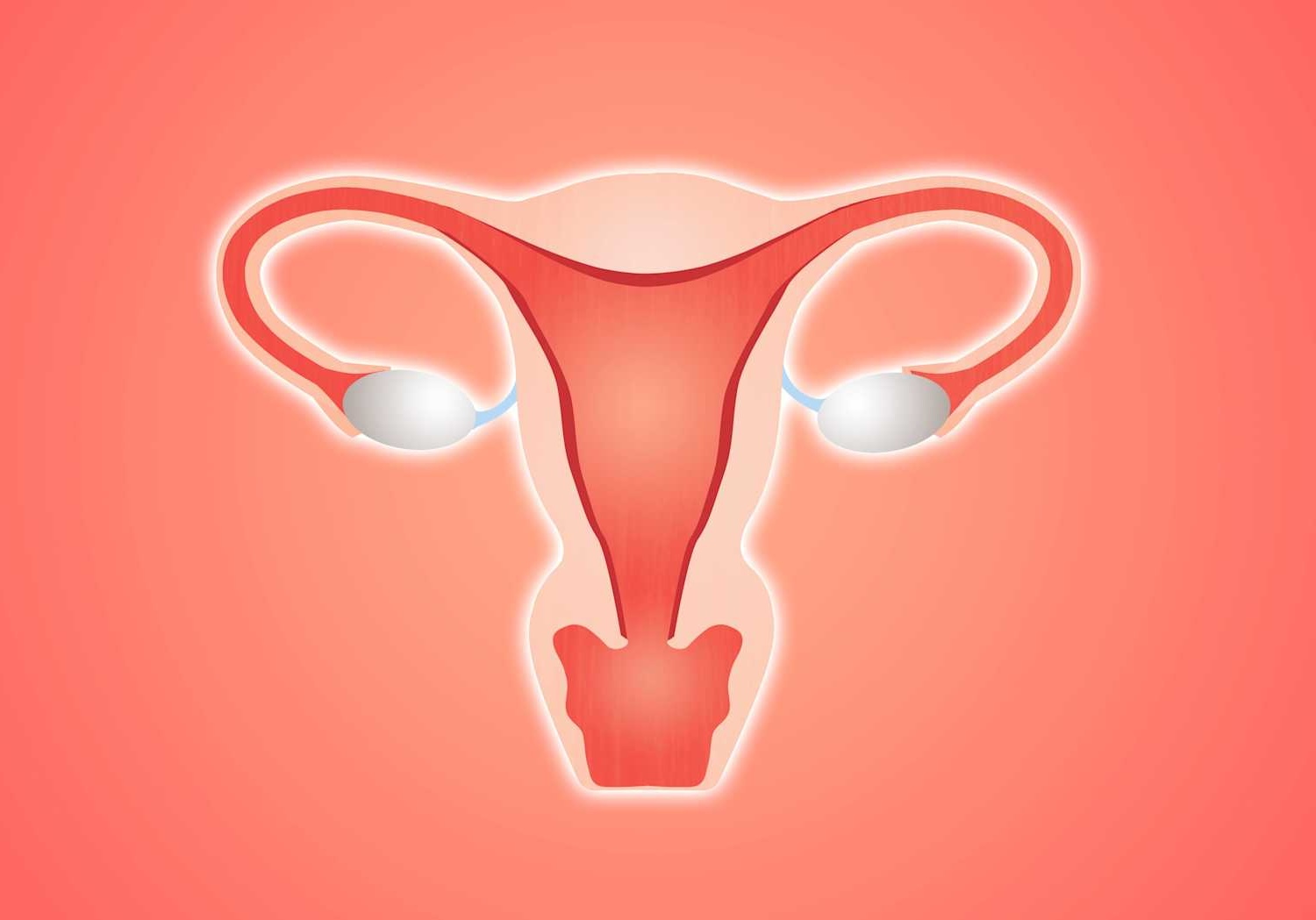
Ovaries are fascinating organs that play a crucial role in the female reproductive system. These small, almond-shaped glands are responsible for producing eggs and hormones like estrogen and progesterone. But how much do you really know about them? Did you know that each ovary takes turns releasing an egg every month? Or that they can contain thousands of eggs at birth? From their role in puberty to their involvement in menopause, ovaries are essential for many bodily functions. Understanding these organs can help you appreciate the complexity of the human body. Ready to learn more? Here are 29 intriguing facts about ovaries that might surprise you!
What Are Ovaries?
Ovaries are small, almond-shaped organs located in the female reproductive system. They play a crucial role in reproduction and hormone production. Here are some fascinating facts about ovaries:
-
Ovaries are part of the female reproductive system. They are responsible for producing eggs (ova) and releasing them during ovulation.
-
Each woman typically has two ovaries. One on each side of the uterus, connected by the fallopian tubes.
-
Ovaries produce hormones. They secrete estrogen and progesterone, which regulate the menstrual cycle and support pregnancy.
-
Ovaries contain thousands of eggs. A female is born with approximately 1-2 million eggs, but only about 400-500 will mature and be released during her reproductive years.
-
Ovaries shrink with age. They are largest during a woman's reproductive years and gradually decrease in size after menopause.
Ovulation and Menstrual Cycle
Ovulation is a key function of the ovaries, occurring roughly once a month. This process is essential for reproduction.
-
Ovulation typically occurs mid-cycle. Around day 14 of a 28-day menstrual cycle, an egg is released from the ovary.
-
Only one ovary releases an egg each month. The ovaries take turns, although sometimes one may dominate.
-
Ovulation can cause mild pain. Some women experience a slight twinge or cramp known as "mittelschmerz" during ovulation.
-
Hormones trigger ovulation. The luteinizing hormone (LH) surge signals the ovary to release an egg.
-
Ovulation can be tracked. Methods like basal body temperature charting and ovulation predictor kits help women identify their fertile window.
Hormonal Functions
Ovaries are not just about eggs; they are hormone powerhouses influencing various body functions.
-
Estrogen affects many body parts. It influences the reproductive system, bones, skin, and even the brain.
-
Progesterone prepares the uterus. It thickens the uterine lining to support a potential pregnancy.
-
Hormone levels fluctuate. Estrogen and progesterone levels rise and fall throughout the menstrual cycle.
-
Ovaries influence puberty. They produce hormones that trigger the development of secondary sexual characteristics like breasts and pubic hair.
-
Hormonal imbalance can cause issues. Conditions like polycystic ovary syndrome (PCOS) result from hormonal imbalances in the ovaries.
Ovarian Health
Maintaining healthy ovaries is vital for overall reproductive health. Here are some important facts about ovarian health:
-
Regular check-ups are crucial. Annual gynecological exams help monitor ovarian health.
-
Ovarian cysts are common. Many women develop cysts, which are usually harmless and resolve on their own.
-
Ovarian cancer is a serious concern. It is often detected late due to subtle symptoms, making regular screenings important.
-
Lifestyle affects ovarian health. Diet, exercise, and avoiding smoking can support healthy ovaries.
-
Genetics play a role. Family history can influence the risk of ovarian conditions, including cancer.
Reproductive Technologies
Advancements in reproductive technologies have expanded options for women with ovarian issues.
-
IVF involves ovarian stimulation. In vitro fertilization (IVF) requires stimulating the ovaries to produce multiple eggs.
-
Egg freezing preserves fertility. Women can freeze their eggs for future use, providing reproductive options later in life.
-
Ovarian tissue freezing is experimental. This technique aims to preserve fertility by freezing ovarian tissue before cancer treatment.
-
Hormone therapy can aid fertility. Medications can stimulate ovulation in women with fertility issues.
-
Ovarian transplants are rare. Transplanting ovarian tissue from one woman to another is an emerging field with potential.
Fun and Surprising Facts
Ovaries have some surprising and lesser-known aspects that might intrigue you.
-
Ovaries can regenerate. Some studies suggest that ovaries might have the ability to regenerate eggs, challenging the belief that women are born with a finite number.
-
Ovaries are dynamic. They change in size and activity throughout a woman's life, adapting to different reproductive stages.
-
Ovaries influence mood. Hormonal fluctuations can impact mood and emotional well-being.
-
Ovaries and menopause. Menopause marks the end of ovarian function, leading to the cessation of menstrual periods and a decline in hormone production.
The Final Word on Ovaries
Ovaries are more than just reproductive organs. They play a crucial role in hormone production, affecting everything from mood to bone health. Understanding them can help you appreciate the complexities of the female body. From their almond shape to their monthly cycle, ovaries are fascinating. They’re responsible for releasing eggs and producing hormones like estrogen and progesterone. These hormones regulate menstrual cycles, influence pregnancy, and impact overall health. Knowing these facts can empower you to make informed health decisions. Whether you're curious about how they work or concerned about ovarian health issues, knowledge is power. So, next time you think about ovaries, remember they’re not just about reproduction—they’re vital to overall well-being. Stay informed, stay healthy, and never underestimate the importance of these small but mighty organs.
Was this page helpful?
Our commitment to delivering trustworthy and engaging content is at the heart of what we do. Each fact on our site is contributed by real users like you, bringing a wealth of diverse insights and information. To ensure the highest standards of accuracy and reliability, our dedicated editors meticulously review each submission. This process guarantees that the facts we share are not only fascinating but also credible. Trust in our commitment to quality and authenticity as you explore and learn with us.
